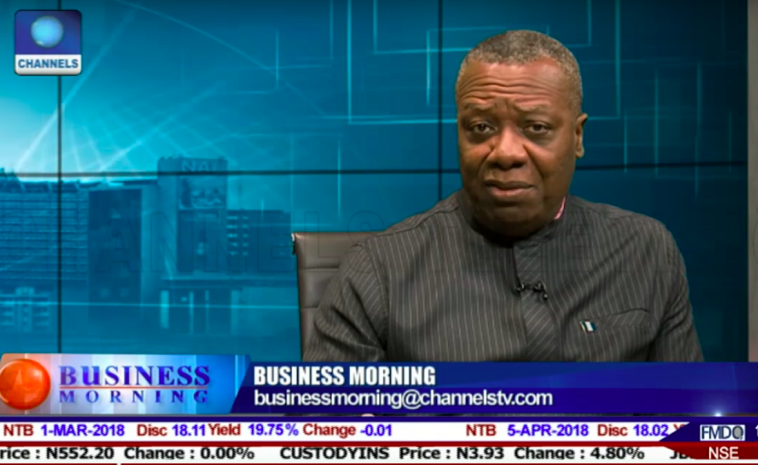A “cerebral diplomat, scholar and administrator” in the words of President Muhammadu Buhari, the Nigerian chief trade negotiator Chiedu Osakwe died aged 64 of an unspecified illness at the weekend.
One of the band of tireless and exceptionally qualified Nigerians who push the country forward beyond the glare of the limelight, Ambassador Osakwe was one of the strongest advocates for the creation of the African Continental Free Trade Agreement (AfCFTA).
- From June 2017 to March 2018, he was chair of the Negotiating Forum of the African Union (AU), crucial to the drafting of the AfCFTA.
- With degrees from three continents (Ibadan, Oxford and New York universities), he had a distinguished career as a diplomat and had also worked at the World Trade Organisation (WTO).
Osakwe took a leave of absence from the International University of Geneva (IUG), where he was an adjunct professor on international trade policy, diplomacy and negotiations, to join the Nigerian Office for Trade Negotiations in 2017.
- In a condolence message released on Monday, President Buhari said his loss “has created a gulf in the Nigerian Office for Trade Negotiations, which he served as pioneer Director-General, bringing invaluable experience, knowledge and skill in setting up and motivating the operations of the agency that was established in 2017.”
AfCFTA in limbo
His death now leaves uncertainty about Nigeria’s ability to sustain its commitment to the AfCFTA.
Osakwe had faced opposition to the trade deal, with some ministers claiming it would damage Nigerian businesses by introducing too much competition.
Largely thanks to his perseverance, Nigeria signed up to the AfCFTA on 7 July 2019 at the AU summit in Niger, a month after the agreement came into force with the required signatures of 24 countries.
What a terrible terrible terrible loss. An often lonely voice fighting for trade inside a govt hostile to the idea. Fought through his illness to get the AfCTA signed. May his efforts not have been in vain https://t.co/juvVXFPbPw
— tyro (@DoubleEph) September 22, 2019
‘Nightmare situation’
Earlier this month, Nigeria’s finance minister, Zainab Ahmed, expressed concern over the impact of the free trade zone on Nigerian companies. While admitting the long term potential, Ahmed said: “The AfCFTA could also create a nightmare situation for the country unless the right policies and actions are implemented expeditiously to improve Nigeria’s economic competitiveness.”
Understand Africa’s tomorrow… today
We believe that Africa is poorly represented, and badly under-estimated. Beyond the vast opportunity manifest in African markets, we highlight people who make a difference; leaders turning the tide, youth driving change, and an indefatigable business community. That is what we believe will change the continent, and that is what we report on. With hard-hitting investigations, innovative analysis and deep dives into countries and sectors, The Africa Report delivers the insight you need.
View subscription options

